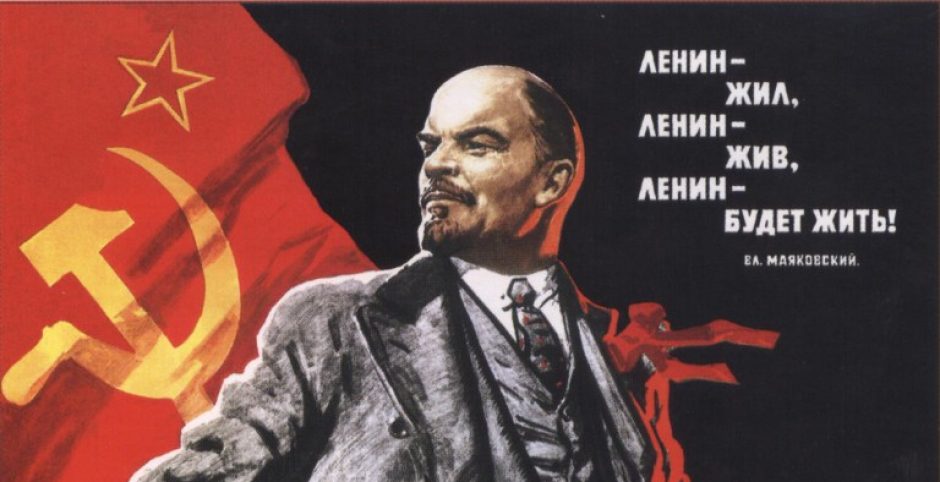In his Address on Crimea, Putin reminds his audience of Crimea’s military and naval relevance in Russian history, and commends the popular vote to leave Ukraine rejoin Russia, rebuilding a shared past and establishing a sense that Crimea’s culture, language, and ethnic groups all have their place in this glorious shared history. “To understand the reason behind such a choice it is enough to know the history of Crimea and what Russia and Crimea have always meant for each other. Everything in Crimea speaks of our shared history and pride. This is the location of ancient Khersones, where Prince Vladimir was baptised. His spiritual feat of adopting Orthodoxy predetermined the overall basis of the culture, civilisation and human values that unite the peoples of Russia, Ukraine and Belarus. The graves of Russian soldiers whose bravery brought Crimea into the Russian empire are also in Crimea. This is also Sevastopol – a legendary city with an outstanding history, a fortress that serves as the birthplace of Russia’s Black Sea Fleet” (Putin, 2014).
Throughout the speech, Putin returns to this notion of the peoples of Crimea naturally fitting into the narrative of Russia’s cultural and military accomplishments. How do Putin’s frequent calls to the past unity and shared history of Russia and Crimea create a justification for his political role and endoresement of Crimea’s separation? How does this claim compare to other movements in which present reclamation was based on a particular narrative about a glorious past? How does this conjuring of shared history interact with populist and nationalist rhetoric in Russia and beyond?
-
Recent Posts
Recent Comments
- isgray on Pussy Riot and the Western gaze
- gisherzfe on Russian Cynicism and a Basket Case Mentality
- isgray on Shared Histories and Populism
- gisherzfe on National trauma and the cult of personality
- wolfsje on National trauma and the cult of personality
Archives
Categories
Meta

I think that the rhetoric employed in this speech seems very in line with Putin’s tri-partite strategy, which Freeze describes. In heightening and emphasizing the ‘Russian-ness’ of Crimea, both by appeals to the history and current geopolitical situations (summing it up neatly by saying that “Crimea is our common historical legacy and a very important factor in regional stability.”), he appeals to patriotism, a crucial element in his conception of a stable and powerful Russia. Patriotism becomes more than a desirable trait in the citizenry, instead becoming the sole thing keeping Russia from relegation to “the second, and possibly, even third echelon of world
states” (Freeze 494). Putin puts it thusly: “patriotism is a source
of courage, staunchness and strength of our people. If we lose
patriotism and national pride and dignity, which are related to it,
we will lose ourselves as a nation capable of great achievements” (Freeze 494). Putin therefore had to work this overarching patriotism (which tended to adopt retrospective, past-oriented imagery and modes, such as the revival of the double-headed eagle – on a similar note, the adoption of these tsarist motifs seems to be a precursor for the revival of Russian colonialist pushes into Ukraine and Crimea) into his speech defending his foreign policy decisions in Crimea. The attempts at shared history and ethnic links need to be accepted by Russian citizens and thus fulfill their increasingly demanding patriotic obligations – to do otherwise would be ruinous.